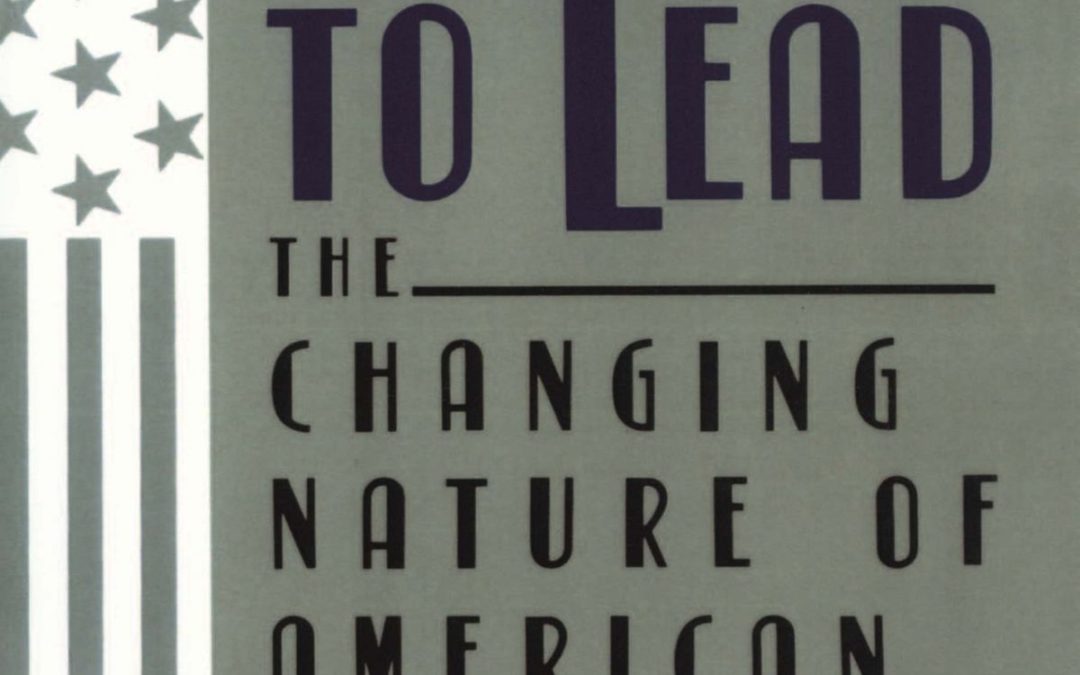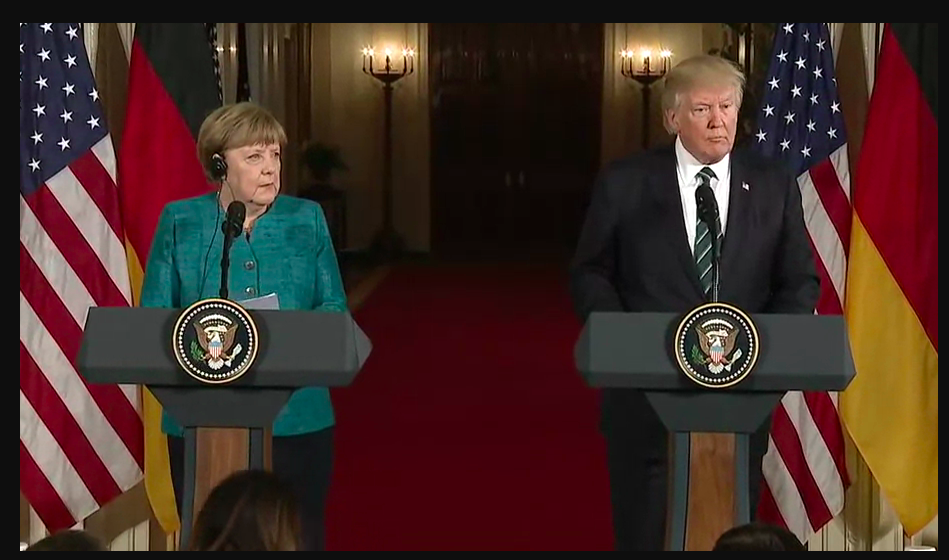Political Science isn’t sterile laboratory. The discipline is riddled with politics and deeply influenced by policy concerns.


Political Science isn’t sterile laboratory. The discipline is riddled with politics and deeply influenced by policy concerns.

Any woman would tell you that. What matters is what you do with it and whether you know how to use it. Whatever Brobdingnagian thing you’ve got going on there, it’s way more important to have a game...

2017 was not a great year for international politics. The sentence I heard the most during conferences and other academic gatherings was that “the global order is in crisis.” Granted. It all started...

If anybody is planning to collude with some Russians for New Year's (but not in order to swing an election), I compiled a brief checklist. Originally, I wanted to take apart an article from a...

Here are some stories we've been reading about Brazil: Street artist captures iconic image of impending World Cup (see mural above) Rio residents ambivalent about the World Cup Datafolha poll of people in Sao Paulo: 76% of people say Brazil is not prepared to host the World Cup. 22% say ready or partially ready. — Gabriel Elizondo (@elizondogabriel) May 22, 2014 Sao Paulo experiencing incredible drought, reservoir down to 8% of capacity Speaking of water, sewage and dead dogs make the site for Olympic rowing in Rio a possible nightmare Andy Revkin's students explore the challenges Brazil...

A long overdue post from Brazil. I've been here about two weeks, first in Rio and have just concluded the second week in the Amazonian city of Belém. I hope to come back with more substantive thoughts about the country's direction, but here are some preliminary thoughts. The Brazilians we met were somewhat ambivalent about the World Cup. Many of them expressed the concern that this was a lot of money that the country could have used to address its myriad social needs. When I think about whether Brazil can be a major player internationally, even more important than it is now, I've generally...
On behalf of Dan Drezner and myself I am pleased to announce the lineup for our panel proposal to the 2015 International Studies Association Annual Conference in New Orleans, which I submitted today. The call for proposals specified we were looking for papers specifically investigating the empirical impacts of / circulation of ASOIAF/GoT cultural artifacts in real-world politics. (An example of which might be the above tweet, which was disseminated on the official White House twitter feed earlier this month). As such we are not seeking papers that critically analyze the books/show as a...
Obviously, too soon to tell. But with the new Obama announcement setting an enddate-ish, my nominee might just be: Pakistan. Pakistan got to have heaps of aid despite spending the entire time subverting American/NATO efforts in Afghanistan. Much American, Canadian, British, Danish, French, Germany, Dutch, Aussie (and others) blood is on Pakistan's hands. Who else? Afghan kleptocrats or whatever you want to call those who enriched themselves and sent pallets of $ to Dubai. Russia and other authoritarian states through which the effort flowed. Much money spent along the way, much...
It is nothing new to say that the internet is a major distraction. But I'm particularly amazed at how well-intentioned online searches lead to bottom-feeder-celebrity-gossip trolling. How does a quick writing break to check the news end in mindlessly clicking through the best-dressed list at Cannes? I've got a theory: procrastination requires a certain level of mindless surfing. Our initial news hits don't satisfy the urge, so we are forced to go deeper and deeper into the internet until we hit the 'zone out' level. Here's how it happens: Stage One: Most procrastination stints start out in...
I was a fan of X-Men long before I was a fan of Poli Sci. So, I am eagerly awaiting the chance to see Days of Future Past, which may or may not do kind things to one of the very best X-tales. + For those who have opted out of one or more of the movies, here is a nice, snarky summary of the X-movies to prepare you for the new one (and yes, I have seen all of these): I had much fun thinking about what Graham Allison might say about the role of the mutants in the Cuban Missile Crisis in X-Men First Class. I look forward to over-thinking the new movie. H/T to Vulture
This is a follow-up to my earlier post, “Why Foreign Intervention in Nigeria is a Bad Idea.” That post focused on larger issues that make Nigeria a particularly problematic context for foreign involvement of any kind; this post focuses on what policies -- mostly domestic -- might work. In the past week, things have not gotten better with regard to Nigeria and the effort to #Bringbackourgirls. On the US front, the administration began a blessed crawl away from direct US military involvement in Nigeria the day of my earlier post. In last Thursday’s hearings before the Senate Foreign Relations...
Zack Beauchamp followed the CCW Experts Meeting on Autonomous Weapons and concluded: The debate about robots in warfare comes down to the question of whether they would make war crimes more or less likely. There are serious arguments on either side. In many ways, this new argument about robots is an extension of much older argument about why war crimes happen and how to prevent them. This isn't a joke anymore: the debate over military robotics is about preventing horrific abuse of real people. I agree with Zack that this is right way to think about the debate. Proponents of these weapons...